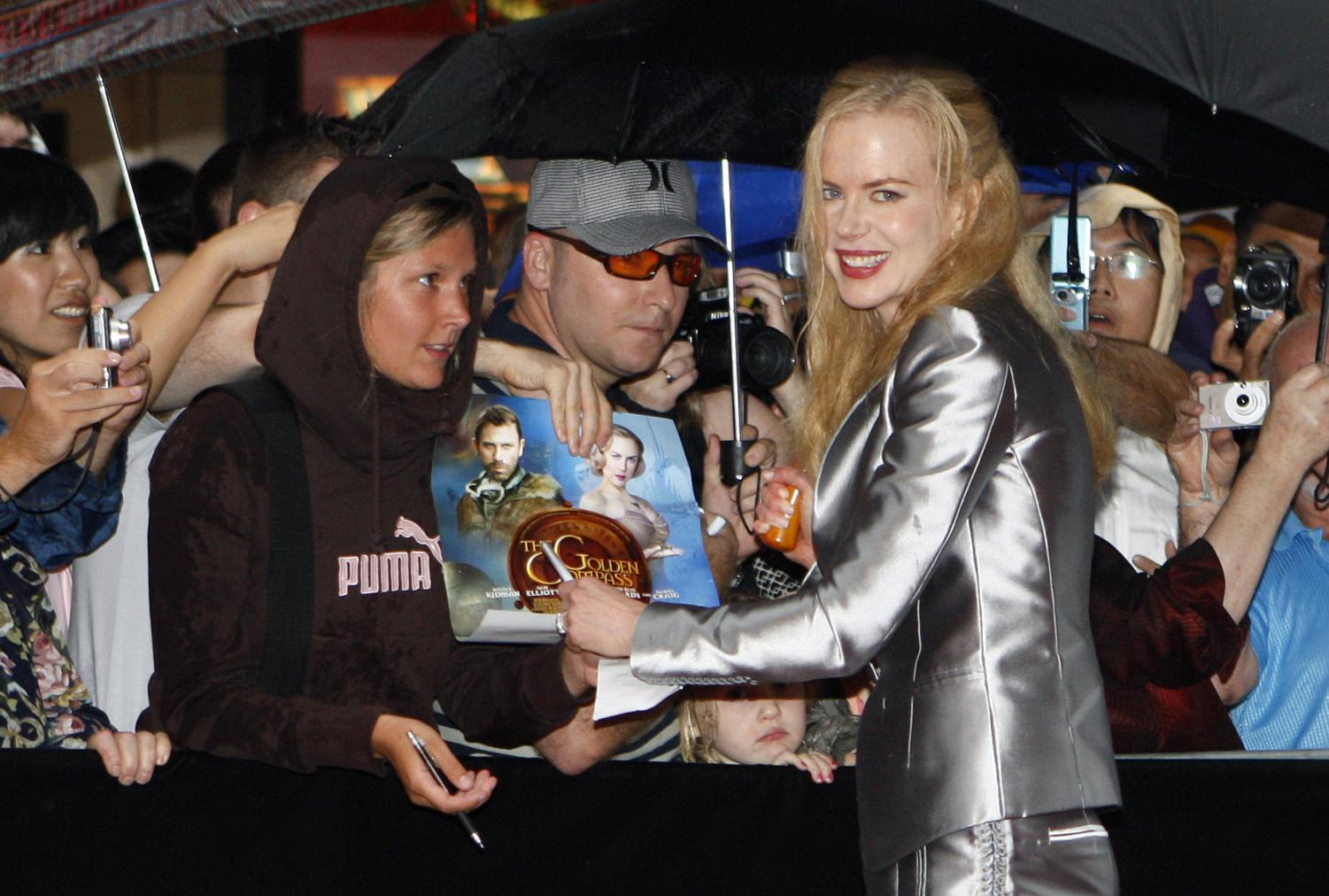A visual masterpiece, “The Golden Compass,” which made its way into theaters Dec. 7, is well on its way to mesmerizing audiences across the U.S. Set in a magical world featuring talking bears who fight wars, Gyptians and witches, it is no wonder that the controversial film has now reached No. 1 in the box office, bringing in over $26 million on opening weekend.
Aside from the visual appeal, the movie features popular stars Nicole Kidman and Daniel Craig, who undoubtedly played a significant part in attracting more people in the seats.
Much controversy and debate surround this movie, mainly because the author of the trilogy, Philip Pullman, is a professed atheist whose main objective is to kill God in the minds of children. The trilogy is called “His Dark Materials” and the two other books, “The Subtle Knife” and “The Amber Spyglass” are said to be much darker than the first book, displaying more and more Pullman’s hatred for God. In the last book, a young boy and girl represent Adam and Eve and kill God, who at times is called “Yahweh” in the book.
Catholic bishops and priests are doing their best to warn others of this film by advising them to boycott this movie. One such bishop, Jerome Listecki, is the Bishop of the Diocese of La Crosse in Wisconsin. In Bishop Listecki’s letter to other priests, he wrote: “I urge you to caution the faithful, especially parents, against this pernicious attack on the foundations of our Christian Faith and on the innocence of our children.”
The question now comes—are Christians supporting atheists by seeing this film? Is it wrong to take young children to see this movie or allow them to read the books? Doug Geivett, a professor of theology at Biola who taught this semester’s “New Atheism” class, doesn’t think that Christians should follow the mindset of the Catholic bishops and priests.
Geivett saw the movie Dec. 10, and calls it a “visually interesting and enchanting film.” He didn’t find overt anti-Christian messages in the first film and doubts that children will be seduced into thinking that the church can’t be trusted. Dr. Geivett advises parents to use discretion and decide whether or not they want to take their children to see the movie.
“Some families might consider reading this trilogy together, and talking through things that come up along the way. I believe that to be a great approach to Christian education by parents,” he said. “Shielding our children from the realities of antagonistic ideologies has its place, but if our children are not equipped with tools of discernment, and given supervised practice using those tools, they may well be disillusioned with our protective strategies later in life.”
Boycotting the movie is a mistake, according to Geivett. He believes that this will elicit more curiosity and publicity for the movie instead of lessening public interest. Geivett sees a great opportunity of witnessing for this movie and suggests watching it with non Christians. The chance to talk about the religious undertones and ideas that this movie presents with non believers, he said, will aid Christians with their own “hidden” agenda in refuting what the world has to say about Christ.







